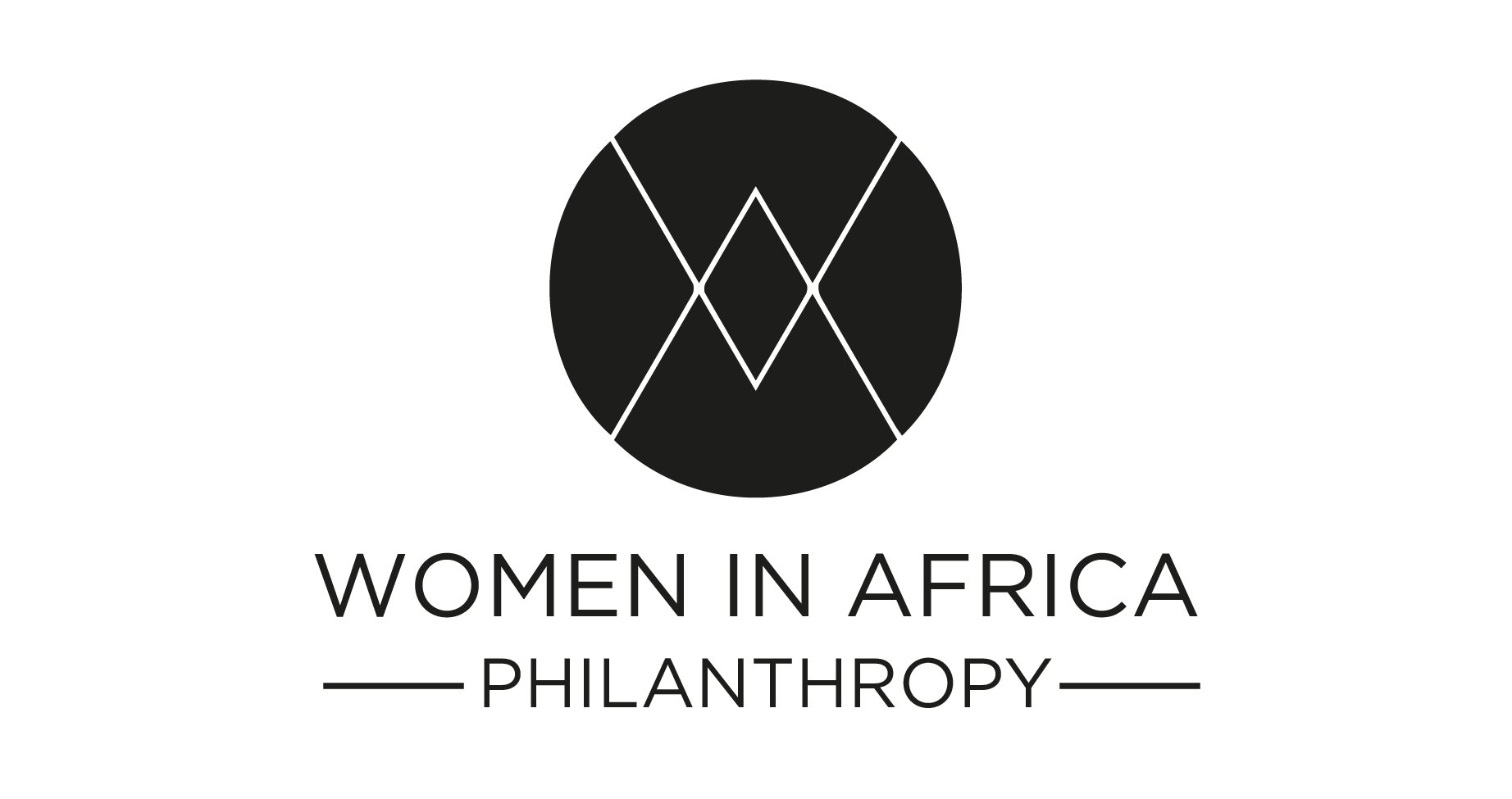Created in 2006, The Job Factory, the first recruitment agency in the Democratic Republic of Congo, wants to meet training-related challenge. Fruit of Dutch-Congolese, member of the national employers, Patricia Veringa-Gieskes’s obstinacy, The Job Factory operates to advance the labor market in the DRC., in favor of women in particular.
Training future generations is Patricia Veringa-Gieskes’s leitmotiv. Born in the Democratic Republic of Congo (DRC), that she left very small, she was trained in Belgium in major European and American companies. With a wealth of experience in both management and IT, she then moved to South Africa to work in a multinational company. For love, she returned to Kinshasa. A country that finally knew little about it. «When I arrived, the capital was not as pretty as now, the living conditions were not the same,» she recalls. «I worked for two years as number two of the International Organization for Migration (IOM). At one point, I had to recruit employees for a mission with specific skills. I searched in vain for a recruitment company as it is in Europe. »
The idea begins to germinate in her mind. She decided to launch and created in 2006, The Job Factory, a recruitment firm. With a requirement that will make her success: working with European standards. Alone at the beginning, Patricia recruited an assistant. It currently employs some 20 staff and has also opened branches in Rwanda and Burundi, as well as partners in several countries.

«A true patriot! »
This mother of four children, heads of the national social commission of the FEC (Federation of Enterprises of Congo), as well as the board of directors of the FEC, «which has only three women entrepreneurs!» She says, defining herself as a «true patriot». Out of love for her country, she is now investing around the weak point of the DRC: training. «We have set up a training center, approved by the Ministry of Employment. We could not hire Congolese. We had to take action. We must train youth of our country! DR Congo has a lot of wealth, not just mines. Its young people also deserve to be valued. This movement is being done.» And she is working at it. In particular, with employers. «This committee is in charge of all subjects related to the Labor Code and the world of work in the DRC, as well as relations with social partners such as trade unionists and the government. We have an important role, essential.» Also through the National Institute of Professional Preparation (INPP), a public center in charge of vocational training with partners such as the French Development Agency (AFD). «We have built more than five buildings across the country and train more than 35,000 people a year.»
Meanwhile, recently named godmother of Maison de l’Afrique in Nantes, she contributes to the renewal of Franco-African relations. «This partnership is one-off in France and will boost economic relations with this city, Nantes, with its historical past with Africa, as well as the personal trajectory of its mayor, a woman».
« Working in the informal sector is equivalent to a lack of existence »
In his viewfinder, women, precisely. «I support them by trying to give them access to closed cycles such as employers and other institutions. I am also working on a project with the World Bank: a practical training program for entrepreneurs. I participate in many seminars dedicated to personal development and female leadership.» In Congo, as elsewhere on the continent, the challenge remains to get women entrepreneurs in the informal sector to formalize their businesses. «Working in the informal is equivalent to a lack of existence. There are different networks of women today in the DRC as well as in the sub-region. We encounter leadership difficulties but this is related to the novelty of these networks. Everyone wants to be a boss because women are very good leaders, but in the community you need a decision-maker! These networks are of paramount importance because they are necessary to meet women with different visions, for advocacy, awareness of our rights, and especially to participate in the innovations and the progress of the world.» Meanwhile, The Job Factory continues its journey and wants to meet the digitalization challenge. «We are working on a new concept.» To be continued.

